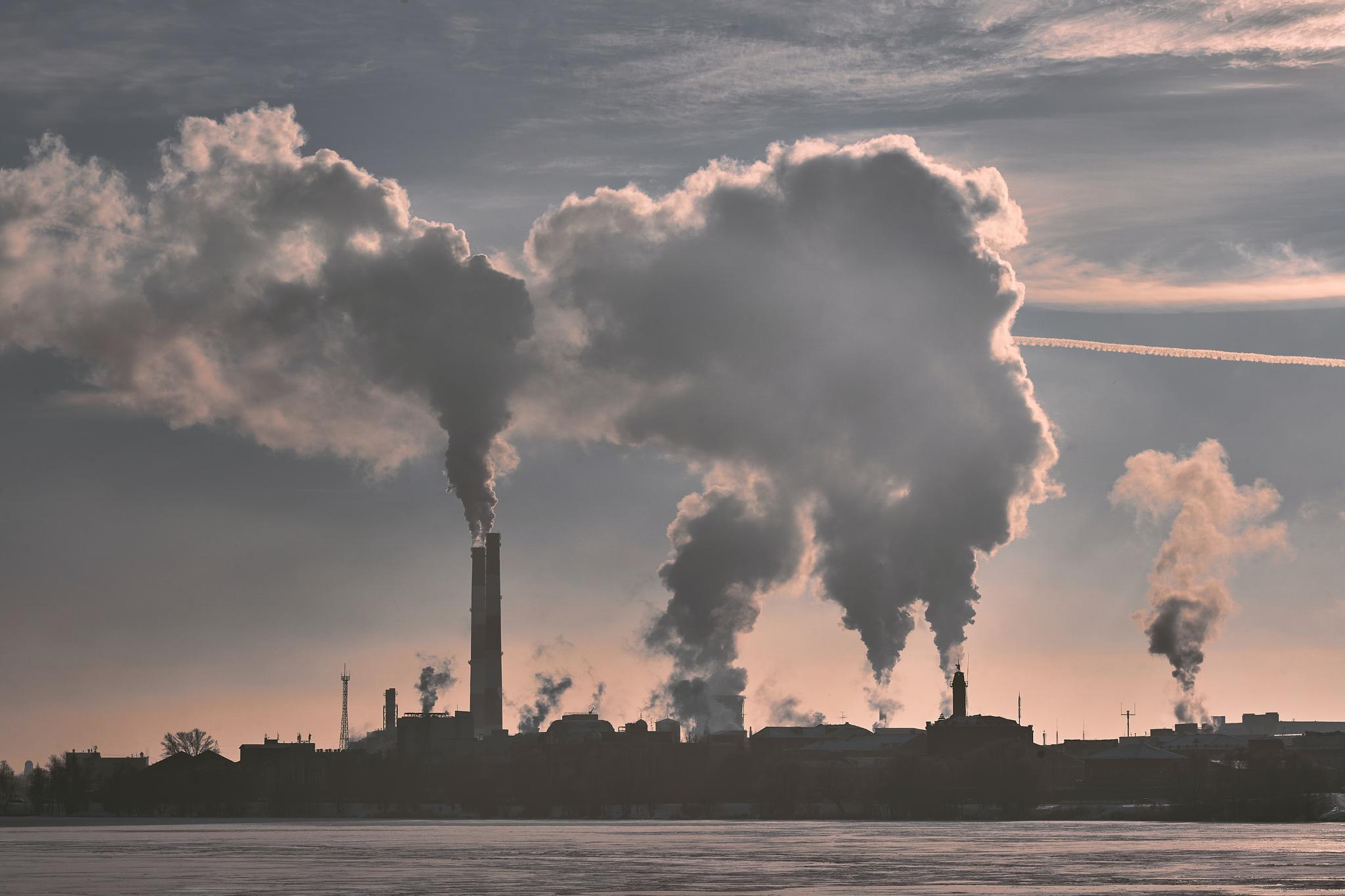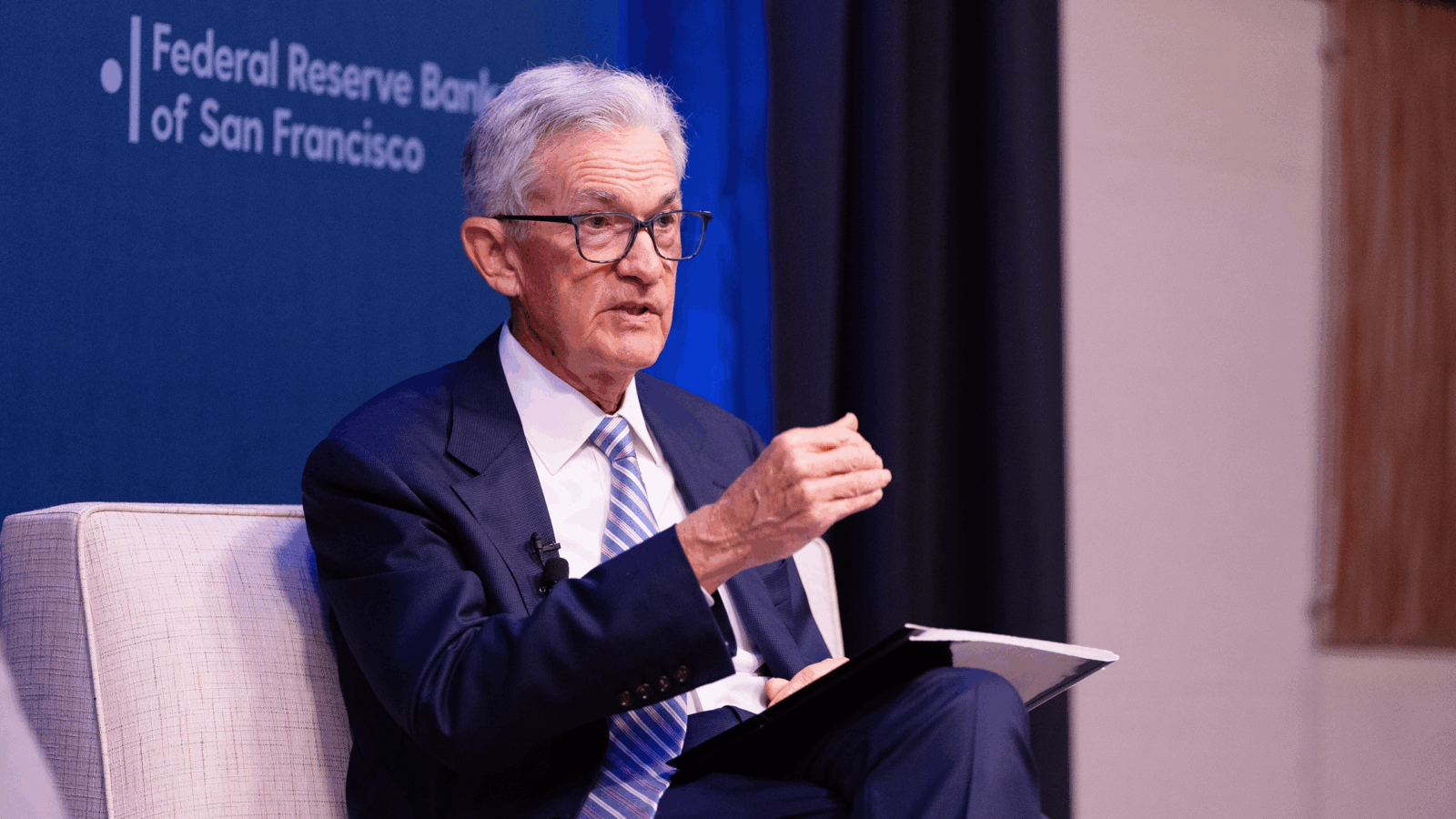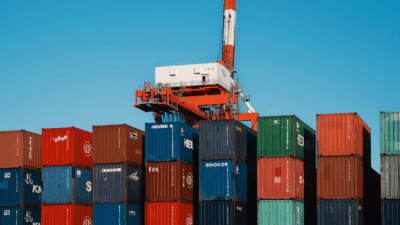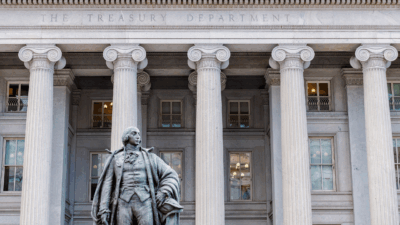African Nations are Pushing for the World’s Top Polluters to Pay Up

Sign up for smart news, insights, and analysis on the biggest financial stories of the day.
Climate change doesn’t care if you’re a saint or a sinner. And African political and business leaders say everybody should foot the bill.
On the final day of the African Climate Summit this week in Kenya, officials from across the continent signed the Nairobi Declaration, a proposed global carbon tax that would have major polluters pay more to bankroll green energy projects and protective infrastructure in developing nations that often suffer the most damage from climate change.
Resource Rich, Cash Poor
The entire continent of Africa — 50-plus countries, 1.3 billion people — produces less than 4% of global greenhouse gas emissions, according to the Carbon Disclosure Project. But recent reports, like one from the World Meteorological Organization, say the continent is disproportionately affected. With limited protective and weather observation assets, African communities are often subject to devastating heatwaves, heavy rains, floods, tropical cyclones, and prolonged droughts.
“More than 110 million people on the continent were directly affected by weather, climate and water-related hazards in 2022, causing more than $8.5 billion in economic damages,” the study found.
The Nairobi Declaration looks to change that by setting a carbon price on fossil fuel trade, shipping, aviation, and a global financial transaction tax:
- Kenyan President William Ruto said at the summit that Africa loses 5% to 15% of its GDP growth every year to the widespread impacts of climate change. Speaking to delegates from the US, China, and the European Union — some of the world’s largest carbon emitters — he said it’s not helpful when “those who produce the garbage refuse to pay their bills.”
- In addition to mitigating climate-related damage, the declaration calls for an almost six-fold increase in renewable energy capacity across Africa. Even though they live in the most resource-abundant continent, more than 40% of Africans don’t have electricity and hundreds of millions have access to only unclean fuels like wood and coal for everyday cooking.
Pony up the Dough: African leaders hope to gain more support for the declaration during the COP28 UN climate summit taking place in the United Arab Emirates at the end of the year. The International Monetary Fund agrees that carbon taxes are the best way to reduce emissions, but the concept of a global tax hasn’t found much success. Only about two dozen countries have national carbon taxes, and that doesn’t include some of the biggest polluters like the US, India, and Russia.
There is some hope Africa can succeed as the entire world is starting to reckon with the effects of climate change. Last year, after decades of failed attempts, the UN finally agreed to a loss and damage fund, which is expected to unlock at least $100 billion by 2030 for developing countries to address the irreversible damage caused by climate change. The tough discussion comes at this year’s COP: Who’s going to pay for it, and who’s going to benefit?











